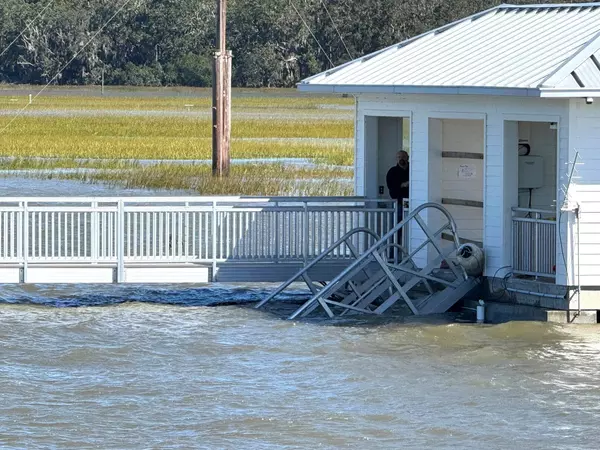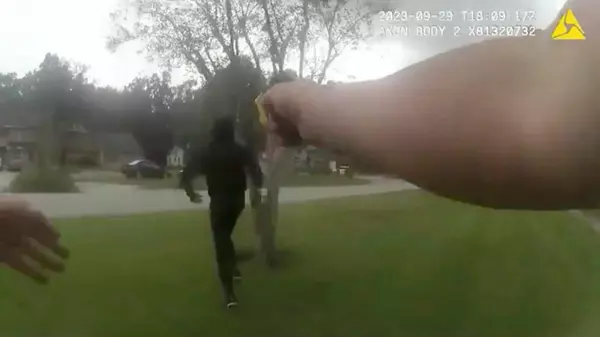
The judge overseeing the election interference criminal case against Donald Trump and others in Georgia on Wednesday ruled that the defendants can appeal the decision to allow the prosecutor Fani Willis to remain on the case despite a past romantic relationship with her deputy.
Last Friday the judge, Scott McAfee, ruled that Willis, the Fulton county district attorney, could continue to head the prosecution of Trump for trying to undermine the 2020 presidential election in the state, as long as the top deputy agreed to step down.
The defense can now appeal that ruling to the Georgia court of appeals.
“This is highly significant,” said Steve Sadow, lead defense counsel for Trump in the Fulton county case. “The defense is optimistic that appellate review will lead to the case being dismissed and the DA being disqualified,” he added.
McAfee said in the ruling that he intends to continue with the rest of the case without allowing the appeal to delay.
“The Court intends to continue addressing the many other unrelated pending pretrial motions, regardless of whether the petition is granted within 45 days of filing, and even if any subsequent appeal is expedited by the appellate court,” his ruling states.
Nathan Wade, the deputy with whom Willis had a romantic relationship, resigned on Friday, clearing the way for Willis to continue.
Lawyers requesting appeal argued in a motion on Monday that this would be insufficient to expiate the “odor of mendacity” raised by Willis’s relationship with Wade.
“Defendants believe that the relevant case law requires dismissal of the case, or at the very least, the disqualification of the District Attorney and her entire office under the facts that exist here, and the resignation of Mr Wade is insufficient to cure the appearance of impropriety the Court has determined exists,” the filing states.
Trump’s attorneys continue to argue that Willis has a conflict of interest, but also argued that she should have been disqualified for comments she made about the case at a speech at AME Big Bethel church in downtown Atlanta. In the wake of revelations about her relationship with Wade, Willis attributed the legal attack to racist motivations.
McAfee’s order ruled that her comments were insufficient cause to remove her from the case, but noted that they were “legally improper” and acknowledged a lack of clarity in case law to the standard of “forensic misconduct” required for removal. Trump’s defense said it wants an appellate court to weigh in.
“[I]t is likely that the Georgia appellate courts would decide that District Attorney Willis’ forensic misconduct requires her disqualification in this case,” the defense motion states. “At a minimum, the factual findings of the Court and the lack of appellate guidance from the Georgia courts on the issue weigh heavily in favor of immediate appellate review, especially given that the failure to disqualify a prosecutor who should be disqualified is a structural error that could necessitate a retrial without any additional showing of prejudice.”
Reuters contributed reporting







